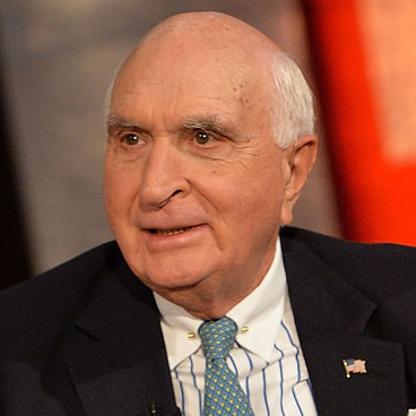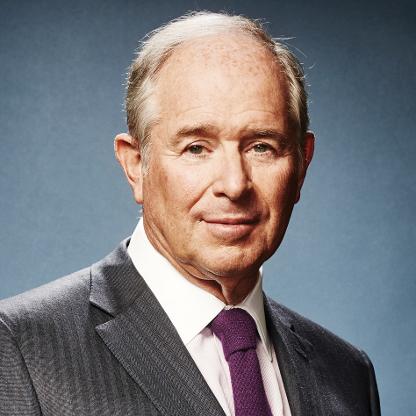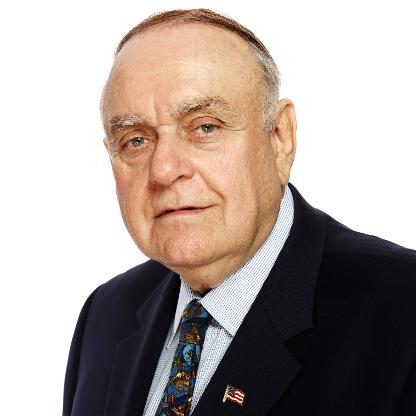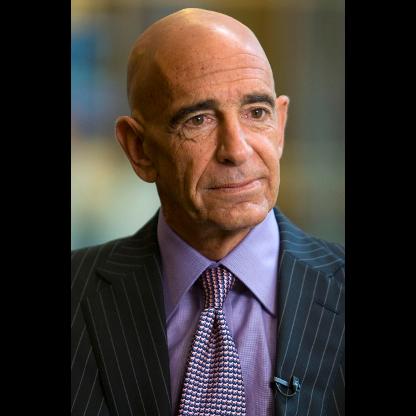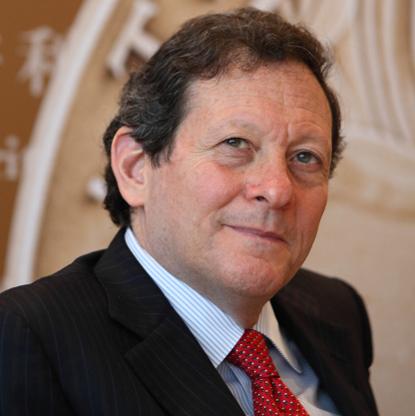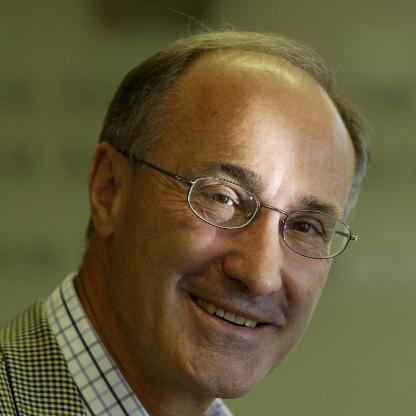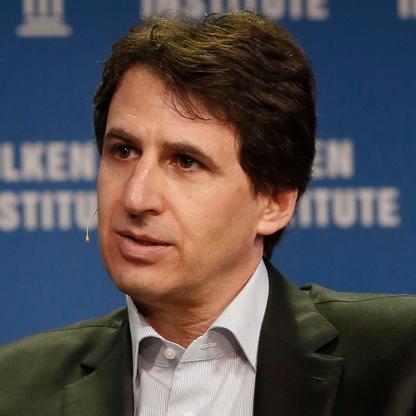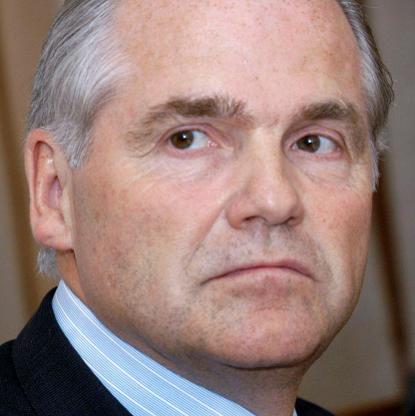At Philipp Brothers, he eventually became a dealer in metals, learning about the international raw materials markets and commercial trading with poor, third-world nations. He helped run the company's operations in Cuba, Bolivia, and Spain. In 1974 he and co-worker Pincus Green set up their own company in Switzerland, Marc Rich + Co. AG, which would later become Glencore Xstrata Plc. Nicknamed "the King of Oil" by his Business partners, Rich has been said to have expanded the spot market for crude oil in the early 1970s, drawing Business away from the larger established oil companies that had relied on traditional long-term contracts for Future purchases. As Andrew Hill of the Financial Times put it, "Rich’s key insight was that oil – and other raw materials – could be traded with less capital, and fewer assets, than the big oil producers thought, if backed by bank Finance. It was this highly leveraged Business model that became the template for modern traders, including Trafigura, Vitol, and Glencore...."
